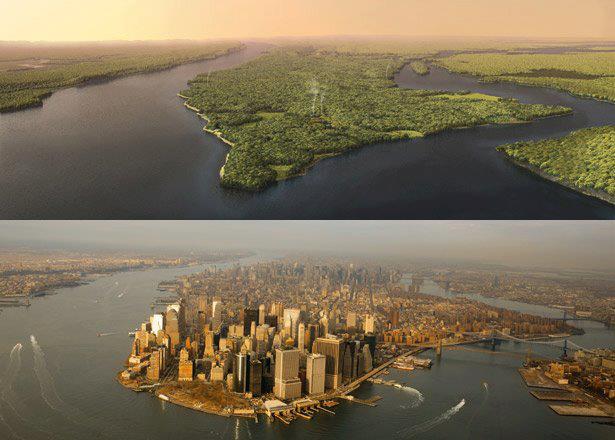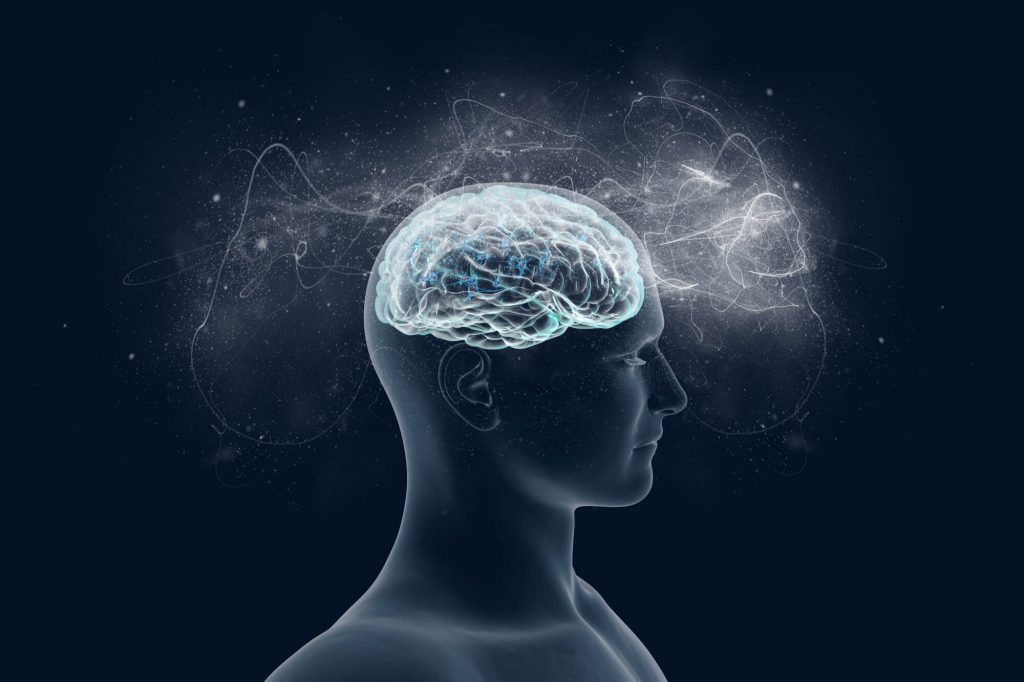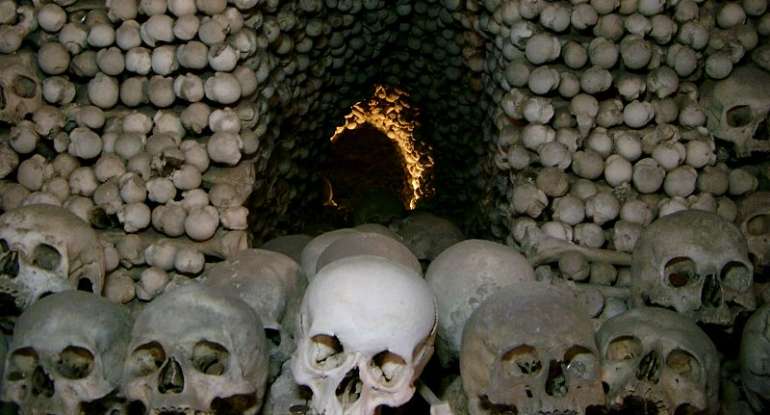Once again the New York Times has outdone itself in philosophical foolishness with its weekly op-ed, “The [Philosopher’s] Stone.” Op-eds are often narrow and shallow, but this piece, “Would Human Extinction Be a Tragedy,” sets a new low in superficiality and inanity.
Right off the bat, the ostensible philosopher, Todd May, bows before the god of specialization. “I want to consider an answer to the question [Would human extinction be a tragedy?] that hardly covers the whole philosophical territory but is an important aspect of it.”
May proceeds to take a piece of “the philosophical territory,” thereby bowing before the god of specialization and assuming a fragmentary approach. He thus violates the first rule of philosophy: Focus on asking the right questions, don’t specialize to accumulate knowledge.

“It may well be that the extinction of humanity would make the world better off and yet would be a tragedy.” The fact that NYT, “America’s newspaper of record,” would publish such rubbish shows how far journalism has sunk.
And the fact that a respectable academic philosopher would base his argument for the extinction of humans on the notion, “There is just too much torment wreaked upon too many animals and too certain a prospect that this is going to continue,” shows how far philosophy has sunk.
The reasons May gives for the continuation of humans on the planet include “an advanced level of reason that can experience wonder at the world in a way that is foreign to most if not all other animals; art of various kinds; and sciences that seek to understand the universe and our place in it.”
May concludes, “It is the goodness of these practices and the experiences that draw us. Therefore, it would be a loss to the world if those practices and experiences ceased to exist.” [Italics mine]
This is nonsense. It fails to make the first distinction—between the earth, created by nature; and the world, made by humans. It gives reason primacy over insight, and absurdly claims that reason is the basis of “experiencing wonder.”
May goes completely off the rails when he says, “Humanity is the source of devastation of the lives of conscious animals on a scale that is difficult to comprehend.”
Humanity is not the source of destructiveness; man is. It is our humanity that will save us, and the earth. Besides, no philosopher worth his or her salt would ever utter the phrase, “the suffering we humans bring to so many nonhuman lives.”

Other animals do not have “lives,” as humans have lives, nor are they conscious, as humans are conscious. Other animals have being, and awareness to a limited degree. The longstanding attempt by philosophers and scientists to blur the line between humans and the animals that man is decimating with the Sixth Extinction has produced anthropomorphic, sentimental claptrap, such as “conscious animal lives.”
Consciousness is the issue, the question, and the dilemma. I submit that consciousness is an unrealized potential within us as human beings. Other animals operate from unconscious awareness, but humans, as Plato saw long ago, are only half conscious, interpreting the shadows on the cave and believing we are seeing reality as it is.
The question of human extinction cannot be approached from the towers of academic rationalism, disconnected from feeling, passion, and our inescapable stake and responsibility for the future of humanity.
Therefore questions are: what is consciousness, what is intelligent life, and what is the importance of potentially fully conscious beings in the universe?
[Part Two tomorrow)
Martin LeFevre
Link: “Would Human Extinction Be a Tragedy?” https://www.nytimes.com/2018/12/17/opinion/human-extinction-climate-change.html

